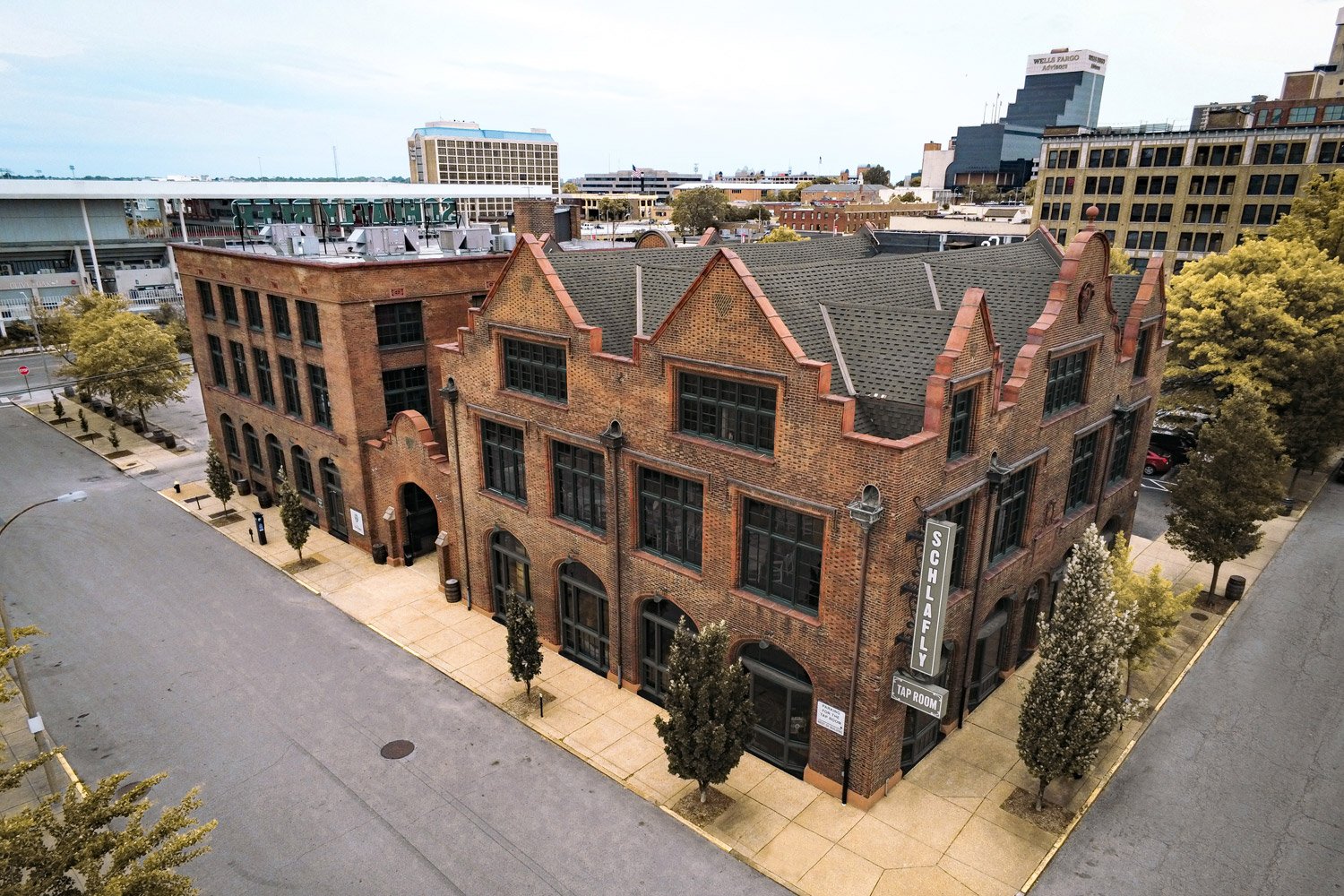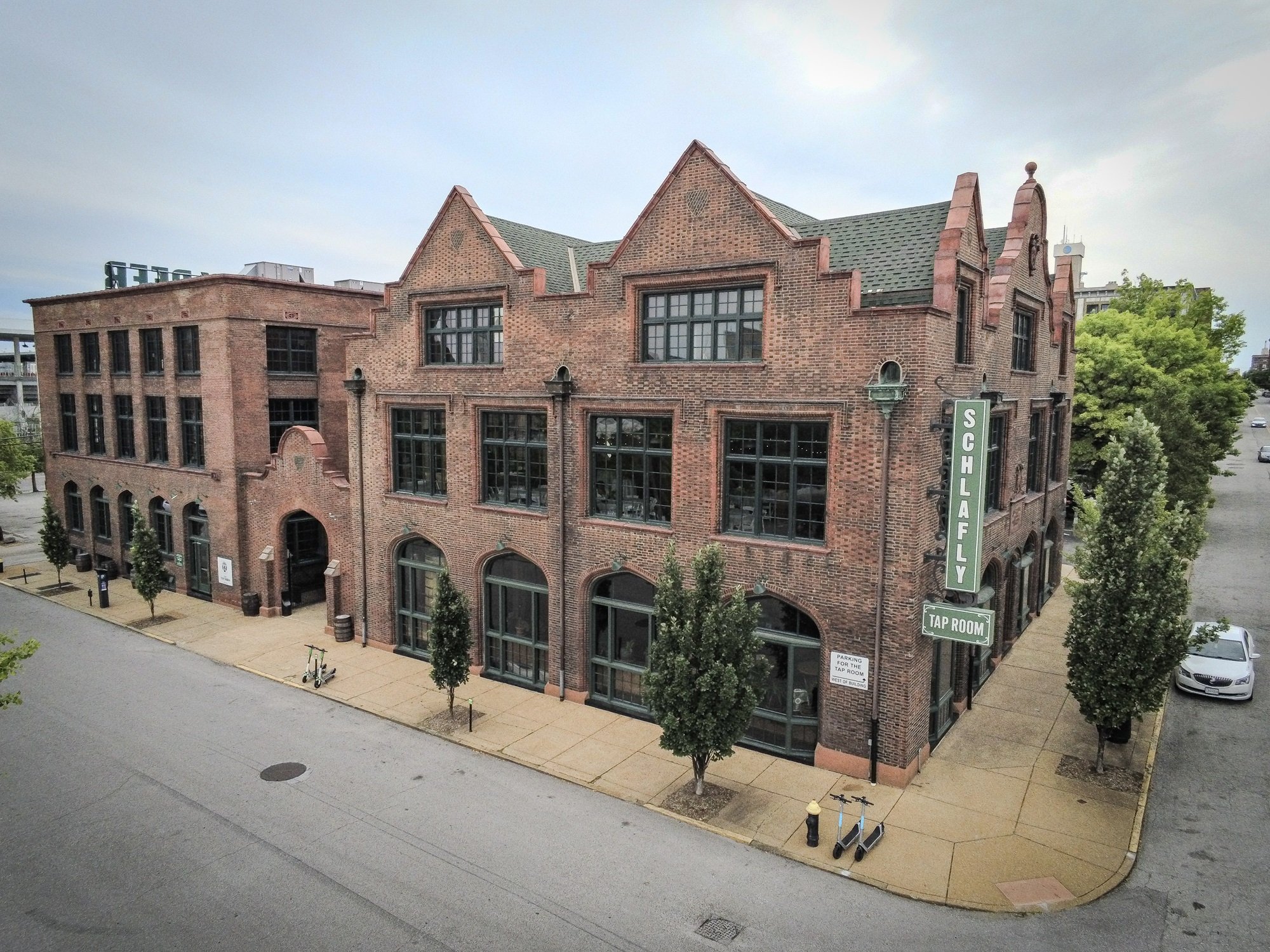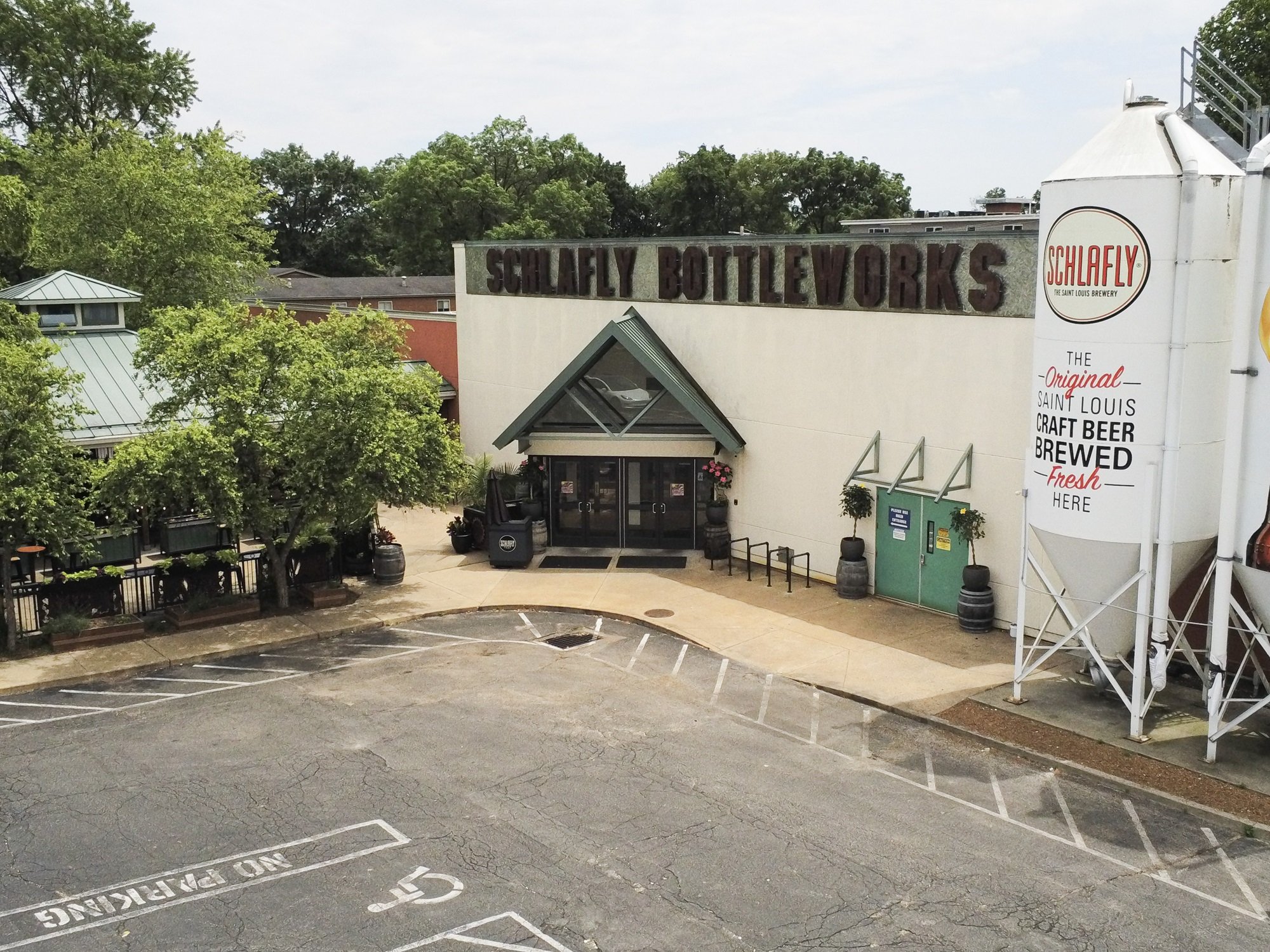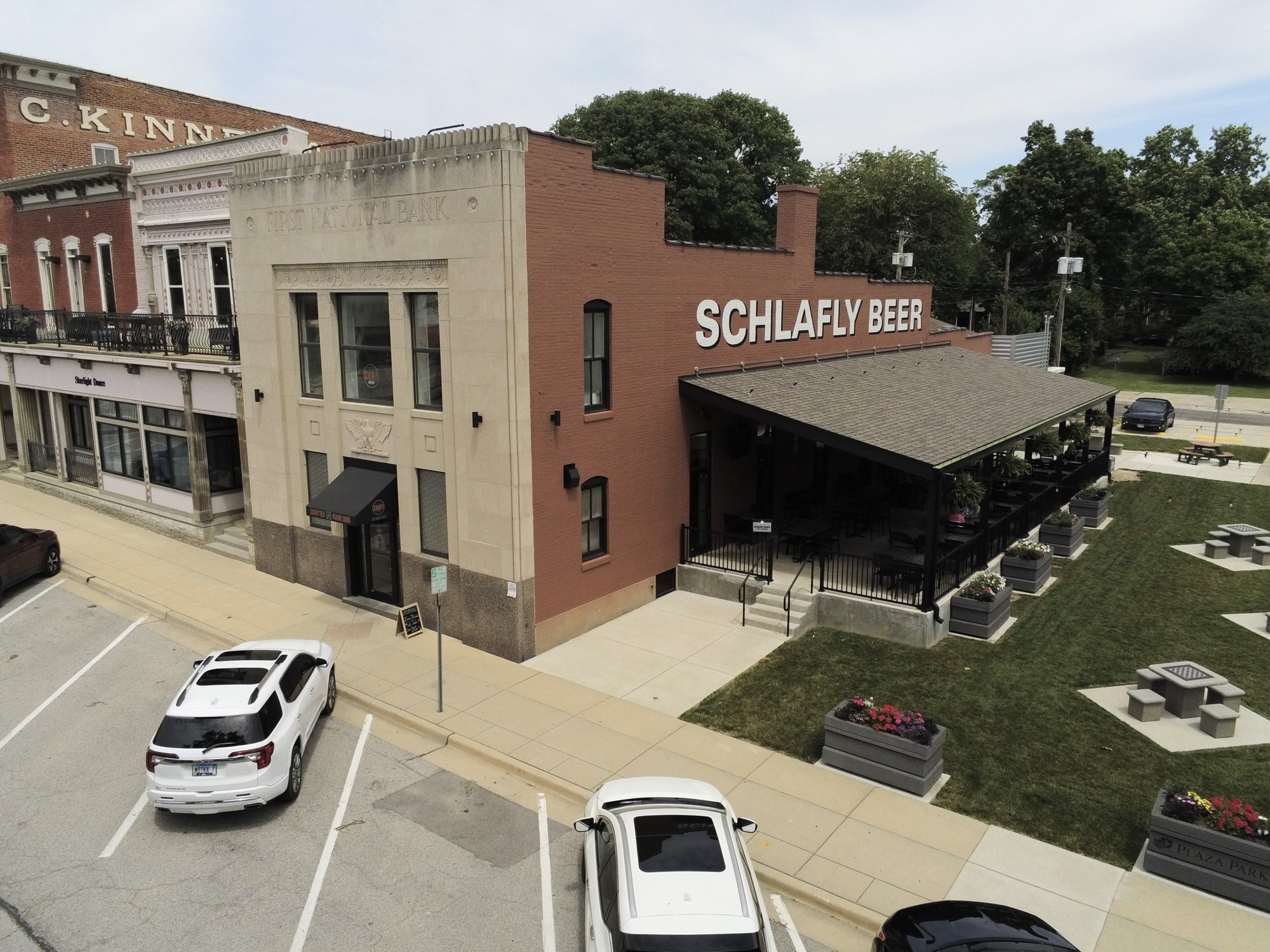
St. Louis’ Original Craft Brewery
Founder of St. Louis craft beer. Defining craft for 34 years!
An independently and locally owned brewer in Missouri.
We brew 70+ styles of beer and run multiple brewpubs.
Beers
Brewpubs
-

Tap Room
Mon: 11 am–11 pm
Tue: 11 am–10 pm
Wed: 11 am–10 pm
Thu: 11 am–10 pm
Fri: 11 am–11 pm
Sat: 11 am–11 pm
Sun: 12pm–10pm
Kitchen closes hour early
Google Map
Join Waitlist -

Bottleworks
Mon: 11am–10pm
Tue: 11am–10pm
Wed: 11am–10pm
Thu: 11am–10pm
Fri: 11am–10pm
Sat: 11am–10pm
Sun: 11am–9pm
Kitchen closes hour early
Google Map
Reservations | Order -

Highland Square
Mon: Closed
Tue: Closed
Wed: 11am–10pm
Thu: 11am–10pm
Fri: 11am–11pm
Sat: 11am–11pm
Sun: 11am–9pm*
Kitchen closes at 9pm
*Closes at 7pm Sunday
Google Map -

Airport
Mon: 4:30am-8pm
Tue: 4:30am-8pm
Wed: 4:30am-8pm
Thu: 4:30am-8pm
Fri: 4:30am-8pm
Sat: 4:30am-8pm
Sun: 4:30am-8pm
STL Lambert Airport
Terminal 1, Gate 2C
Google Map
Events
About













